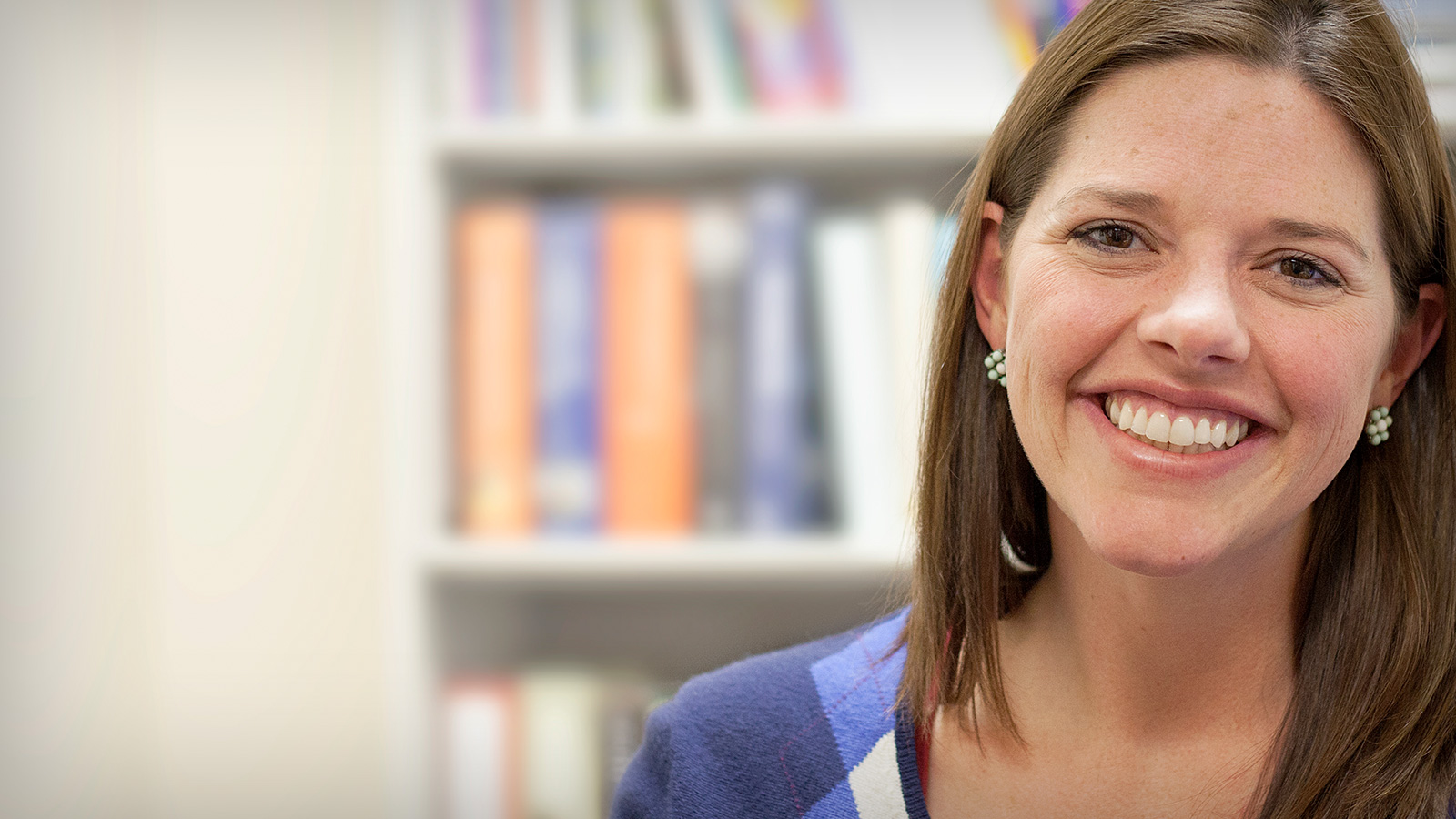![]()
“It began with a shiver.” The opening line of Dr. Jessica Hooten Wilson’s latest creative work is an apt description for the trio of poems.
Featured in the Cave Region Review: A Journal of Literary and Visual Art, “Listening to Paul Mariani Read Hopkins ‘The Windhover,’” “Good News,” and “Waiting to Breathe,” speak on hardships brought out of the blend of experiences that come with the beginnings of life.
Wilson is perhaps better known for her academic work than her poetry. She has authored three books and numerous articles. Over the past summer alone, she was the keynote speaker at the Walker Percy Festival in Louisiana, presented on a panel at the Notre Dame “Trying to Say God” Conference and presented for the British Library’s Symposium on Russia in American Literature. She also received two grants for her research. However, it is clear with her latest installment of work that rigorous academia in no way hampers her ability to write poetry.
At John Brown University, Wilson teaches a variety of literature classes in which authors such as Dostoyevsky and Camus are discussed, but she also teaches a creative writing poetry workshop. Born out of some editing sessions in her poetry workshop last spring, Wilson’s work walks readers through a visceral experience. Heartbreak happens with line breaks through loss, longing and the anticipation of life. Each poem couples birth, poetry, life and death.
Readers watch the painful extraction and reveal of a new, blue body in “Listening to Paul Mariani Read Hopkin’s ‘The Windhover,’” and feel the similar burning nature of poetry. A familiar tale is told at a slant in “Good News.” The virgin birth is suddenly spoken about with indignation. How much was little Mary told before her young body would “crack and spread” with creation? Wilson enumerates all the ways in which pregnancy is uncomfortable, “sore feet, blisters, swollen ankles, raw and scarred skin.”
Readers are brought in close to this experience in a few short phrases, and the final poem in the series, “Waiting to Breathe,” details the aftershock of an empty womb and the worry that replaces a baby in the belly. Wilson speaks of the “travel/down the hall to you who once slept inches/from my lungs,” exploring the time after a child is born, and how a mother must readjust to a new way of living: the peanut of a person now existing apart from his mother. In these specific images and moments, Wilson’s poetry is as private as it is universal.
Although thematically akin, each poem contains something special to explore. Wilson employs fresh words to describe ancient subject material. The poems are brief but broad in the sense that there is much to discover, so they are sure to appeal to poetry lovers. Beautifully written and insightful, they are worthy of review as readers shiver with each unfolding line.





